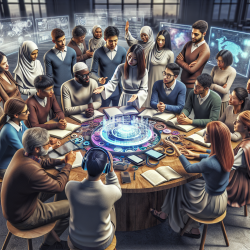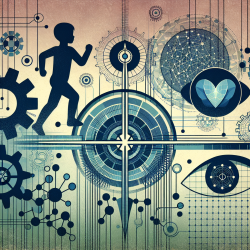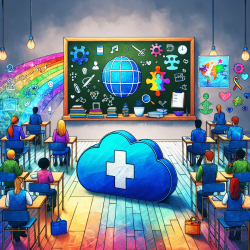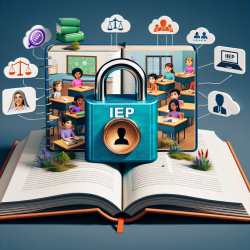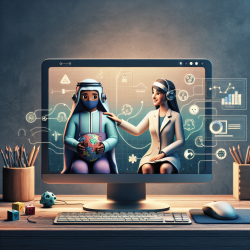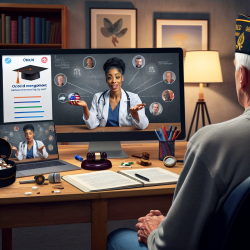In the realm of education, the development of social skills is pivotal for creating a harmonious and effective learning environment. The "Social Skills Handbook for Problem-Based Learning Tutorial Groups" by Daniela Costa de Oliveira Santos and Claudia Maria Costa de Oliveira provides essential insights into how these skills can be cultivated within educational settings. This comprehensive guide aims to enhance the interaction between tutors and students, ultimately improving academic performance and satisfaction.
The Role of Social Skills in Problem-Based Learning (PBL)
Problem-Based Learning (PBL) is a student-centered teaching method that encourages learners to build their knowledge through active engagement. Unlike traditional methods that focus on rote memorization, PBL emphasizes critical thinking, problem-solving, and collaboration. Social skills play a crucial role in this process, as they facilitate effective communication and teamwork among students and tutors.
Understanding Social Skills
Social skills encompass a range of abilities that enable individuals to interact effectively with others. These include communication skills, empathy, assertiveness, conflict resolution, and active listening. In the context of PBL, these skills are essential for fostering an environment where students feel comfortable expressing their ideas and collaborating with peers.
The Importance of Tutors in PBL
Tutors in PBL act as facilitators rather than traditional instructors. Their role is to guide students in their learning journey by encouraging discussion, posing thought-provoking questions, and helping students connect theoretical knowledge with practical applications. Effective tutors possess strong social skills that allow them to create a supportive learning environment.
- Communication Skills: Tutors must communicate clearly and effectively to facilitate understanding and engagement among students.
- Empathy: Understanding students' perspectives helps tutors address their needs and foster a positive learning atmosphere.
- Adaptability: Tutors should be flexible in their teaching approaches to accommodate diverse learning styles and preferences.
The Impact of Social Skills on Students
For students, developing social skills is crucial for academic success and personal growth. These skills enable them to participate actively in group discussions, collaborate effectively on projects, and build meaningful relationships with peers. Moreover, strong social skills contribute to increased self-confidence and reduced anxiety in academic settings.
Implementing Social Skills Training
The "Social Skills Handbook" outlines strategies for implementing social skills training within educational programs. These strategies include interactive workshops, role-playing exercises, and reflective discussions that encourage students to practice and refine their interpersonal abilities. By incorporating these training methods into the curriculum, educators can help students develop the competencies needed for success in both academic and professional contexts.
The Benefits of Social Skills Training
- Enhanced Academic Performance: Students with strong social skills are better equipped to engage with course material and collaborate with classmates.
- Improved Classroom Dynamics: A focus on social skills fosters a more inclusive and supportive classroom environment.
- Lifelong Learning: Social skills training instills a mindset of continuous improvement and adaptability.
Conclusion
The integration of social skills training into educational programs is vital for preparing students to navigate complex social environments successfully. By embracing the principles outlined in the "Social Skills Handbook," educators can create a more dynamic and effective learning experience that empowers students to excel academically and personally.
For more information, please follow this link.
